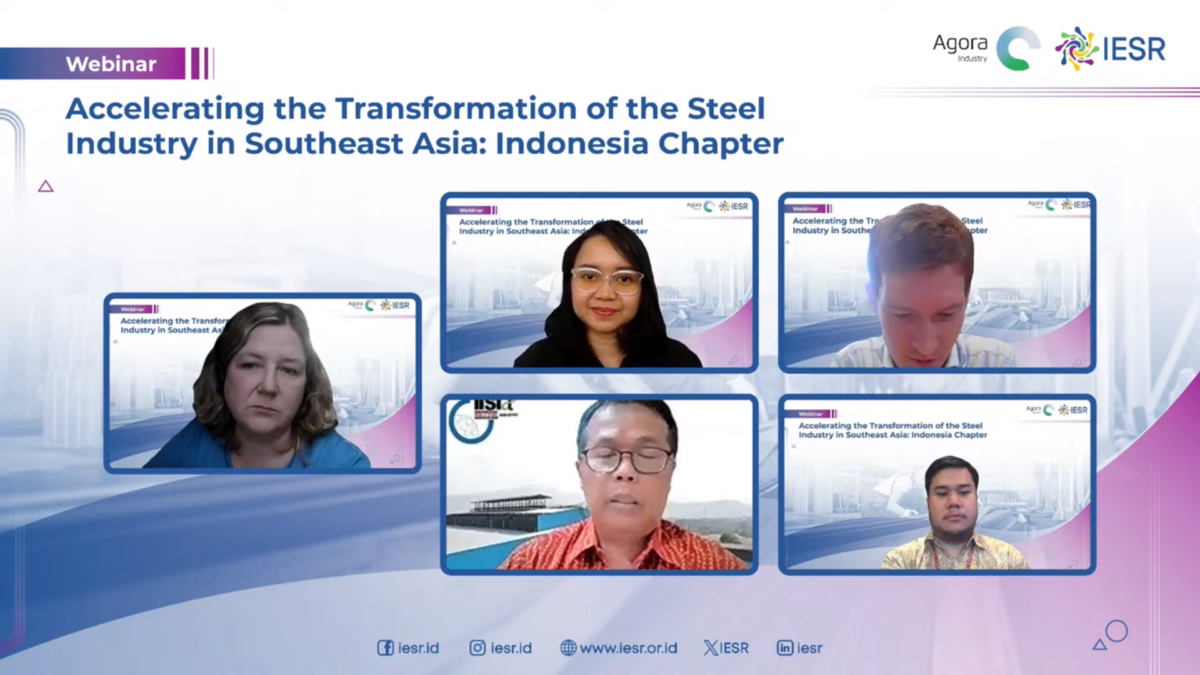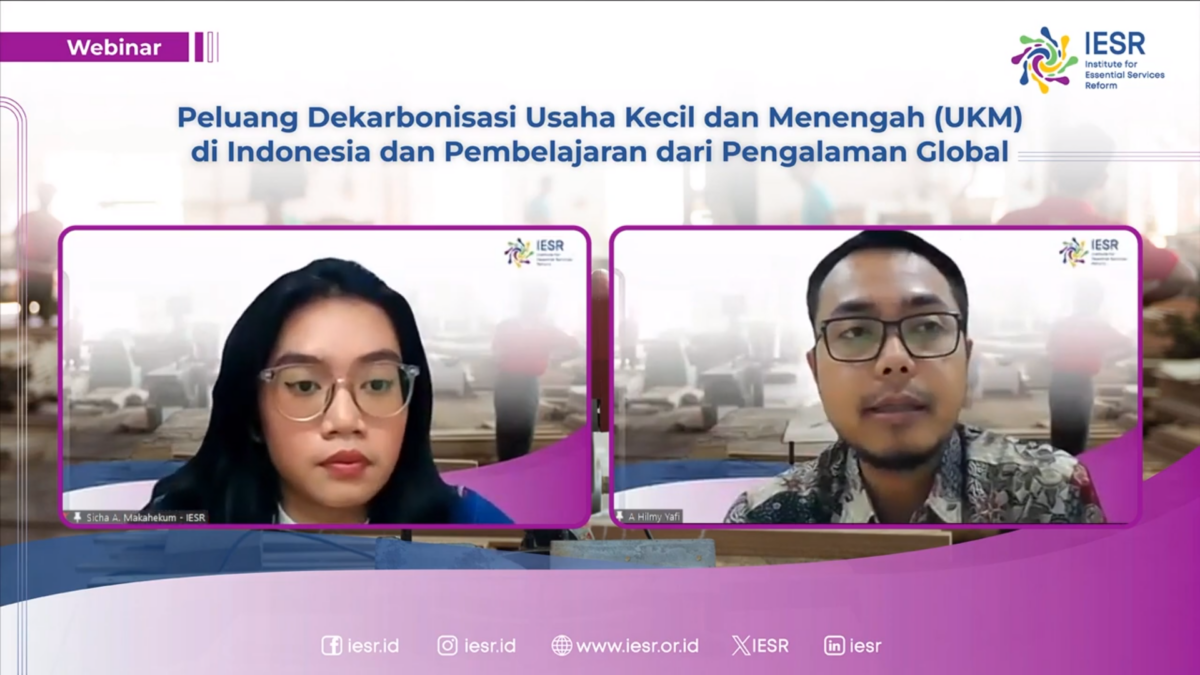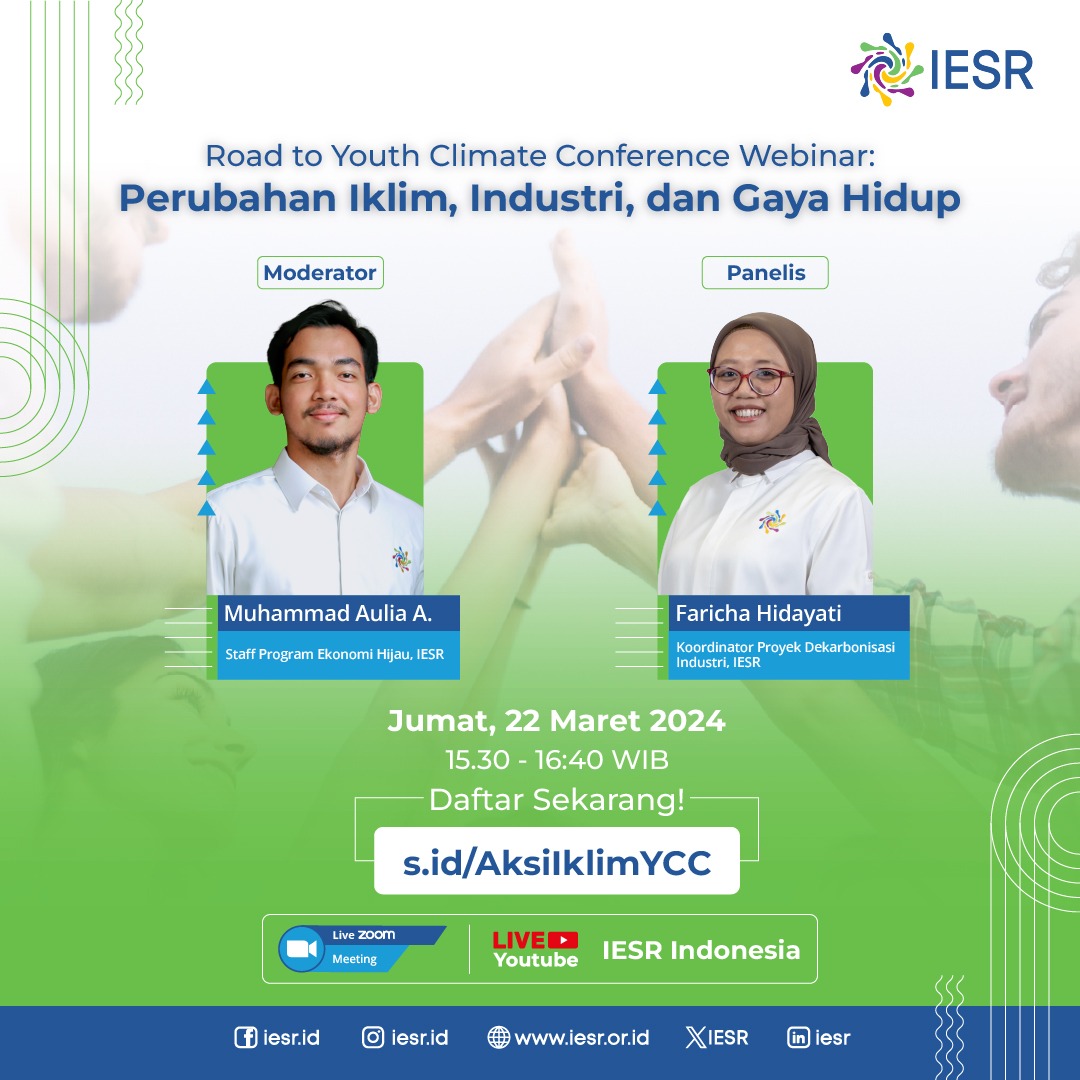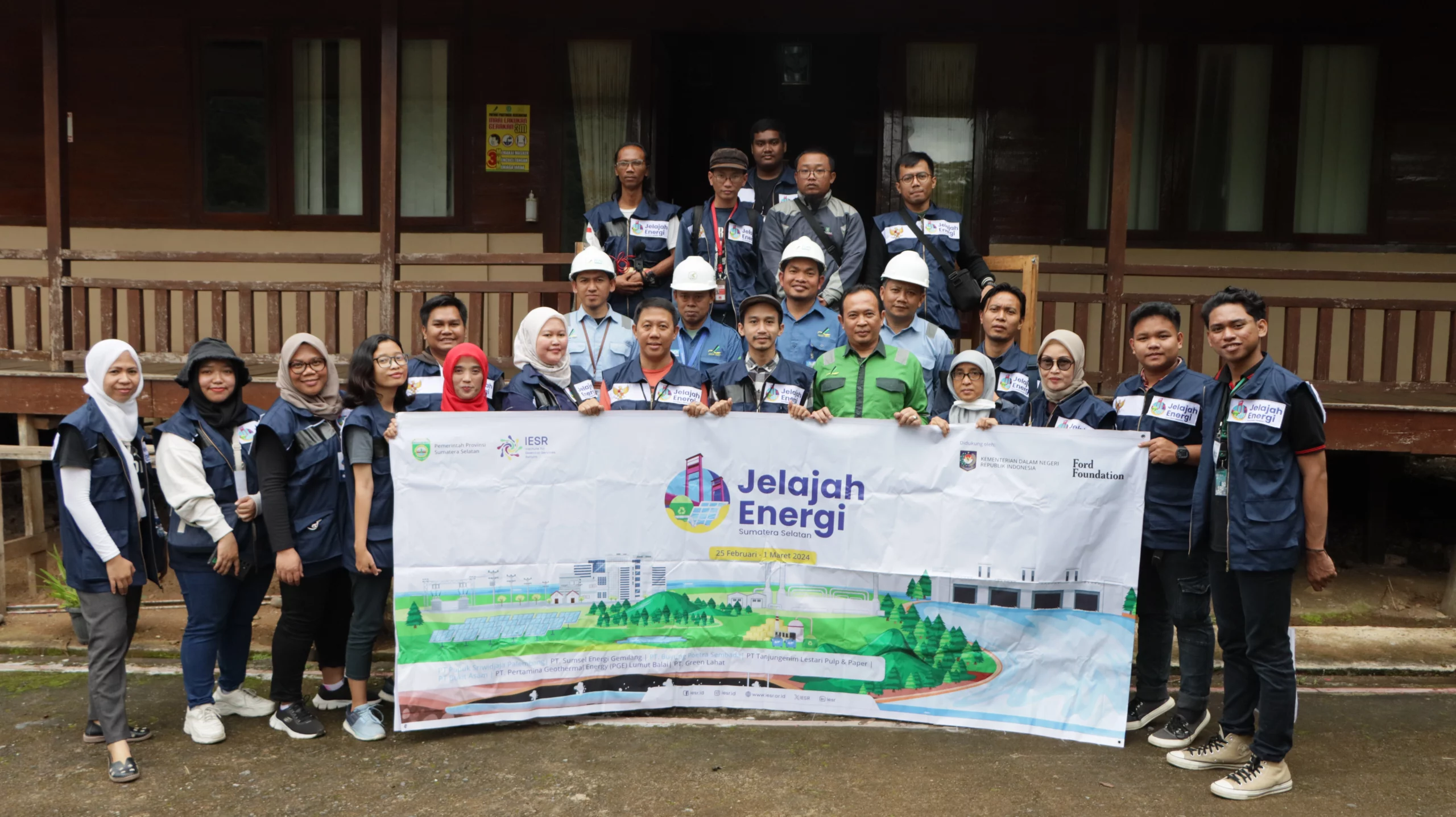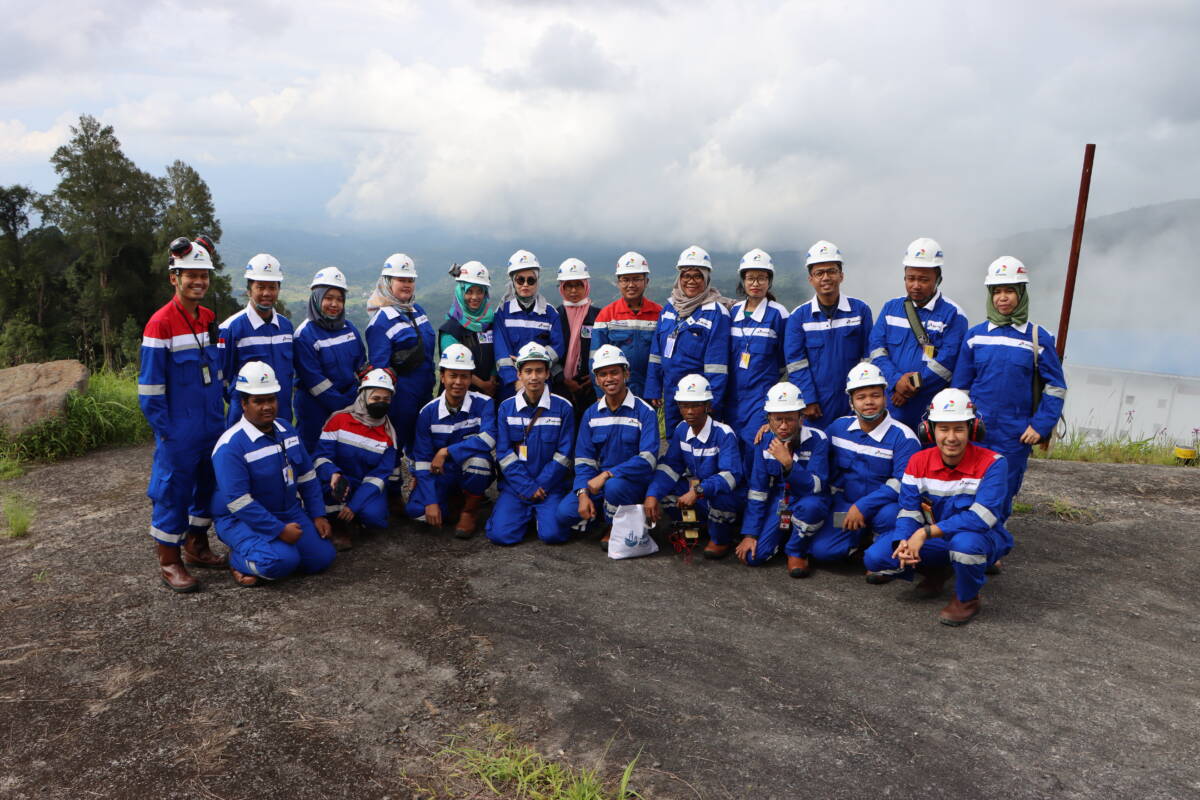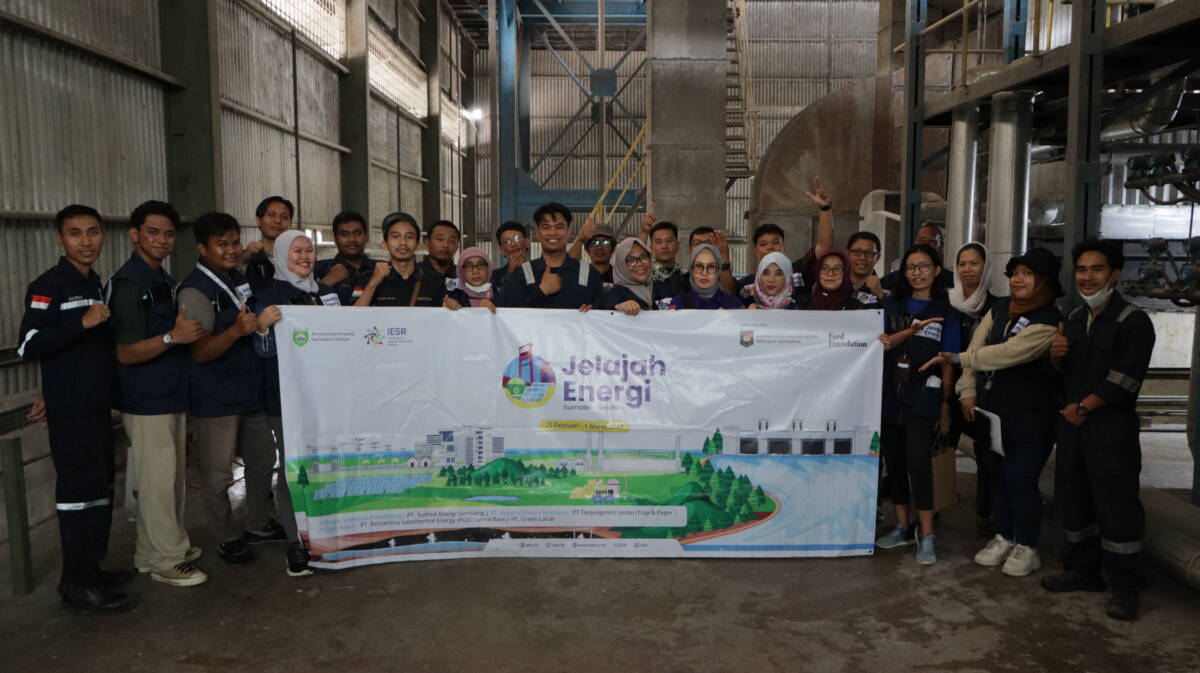Jakarta, 20 March 2024 - The industrial sector is one of the important sectors for reducing emissions. The large energy consumption and its significant contribution to the economy in 2022 amounting to 16.48 percent of Gross Domestic Product (GDP), are strong reasons to make this sector more sustainable. Industries with high energy needs, such as…
